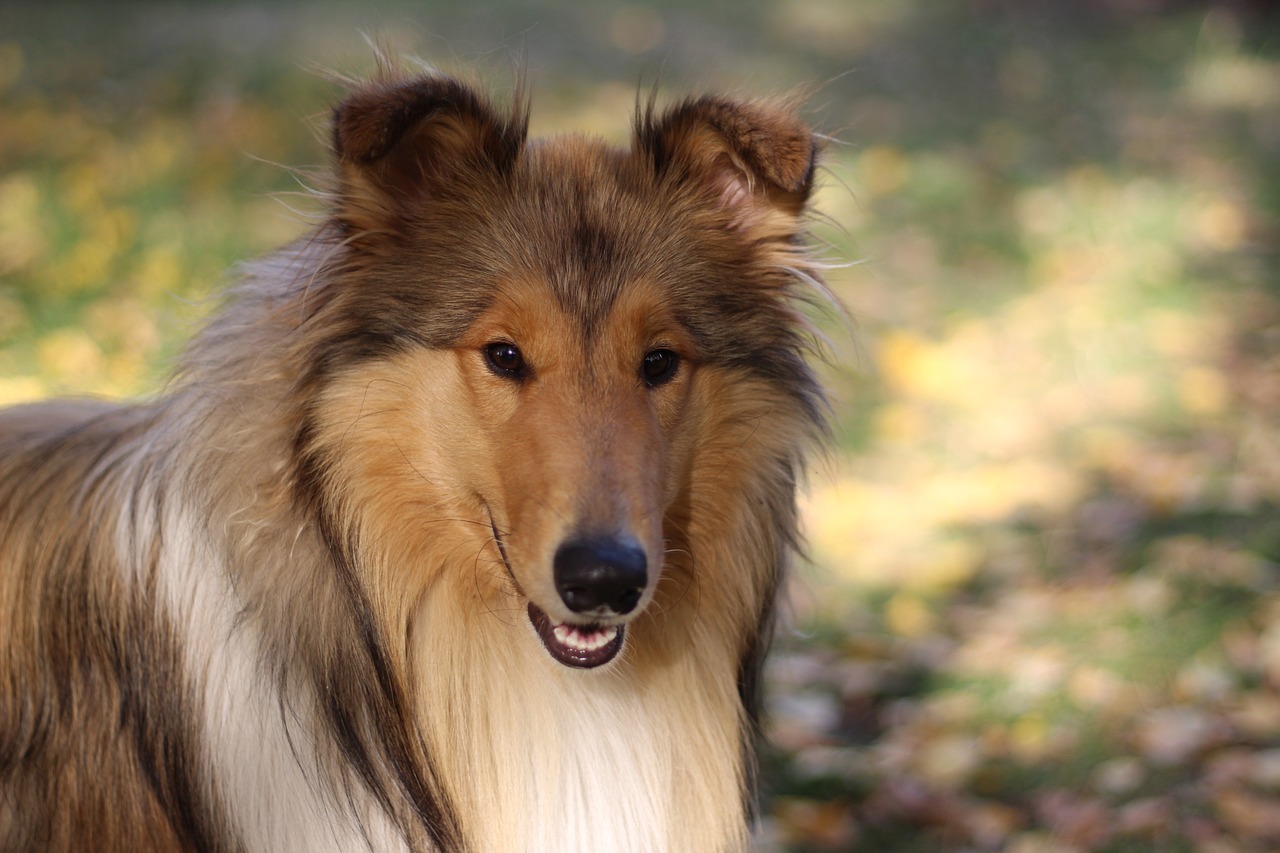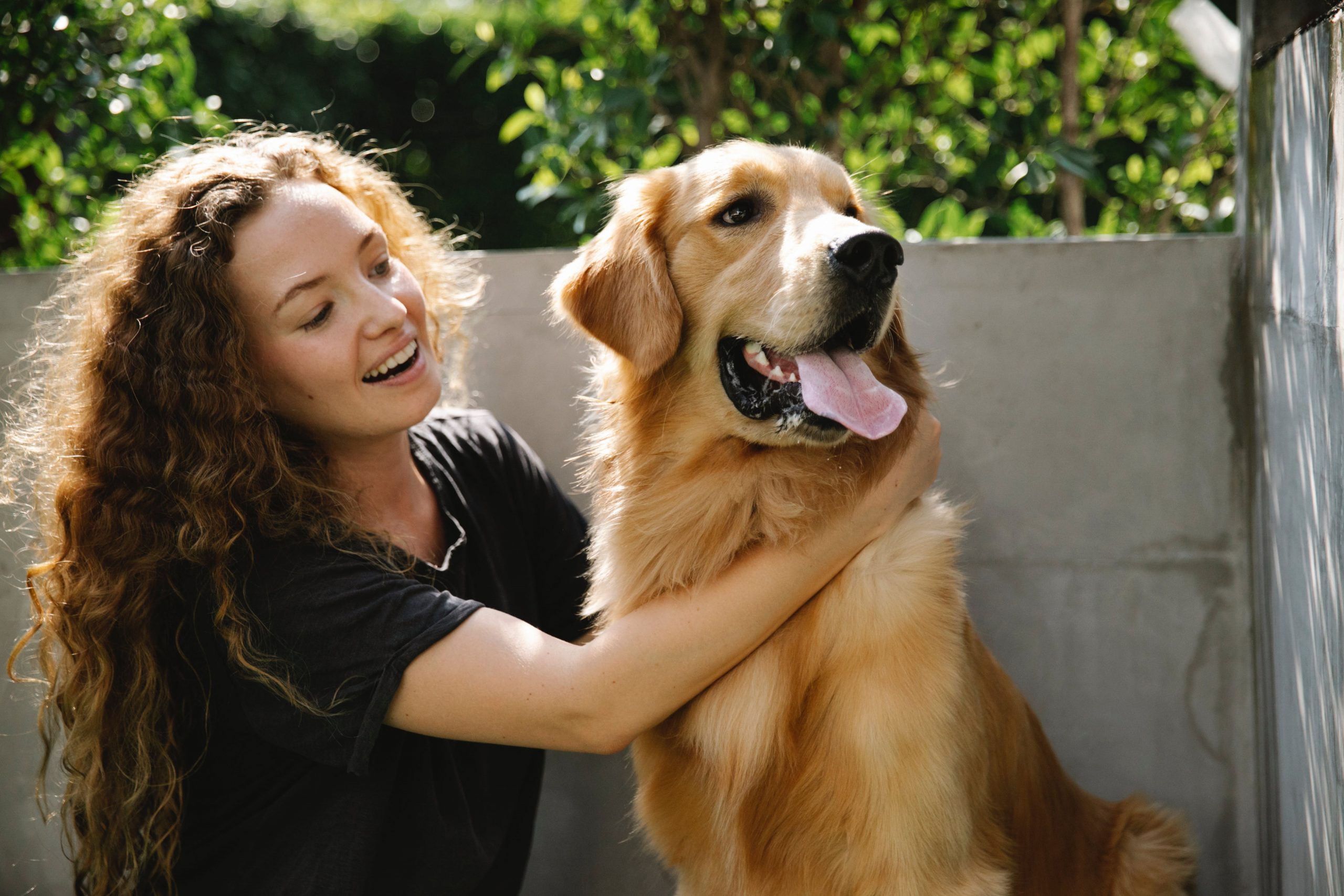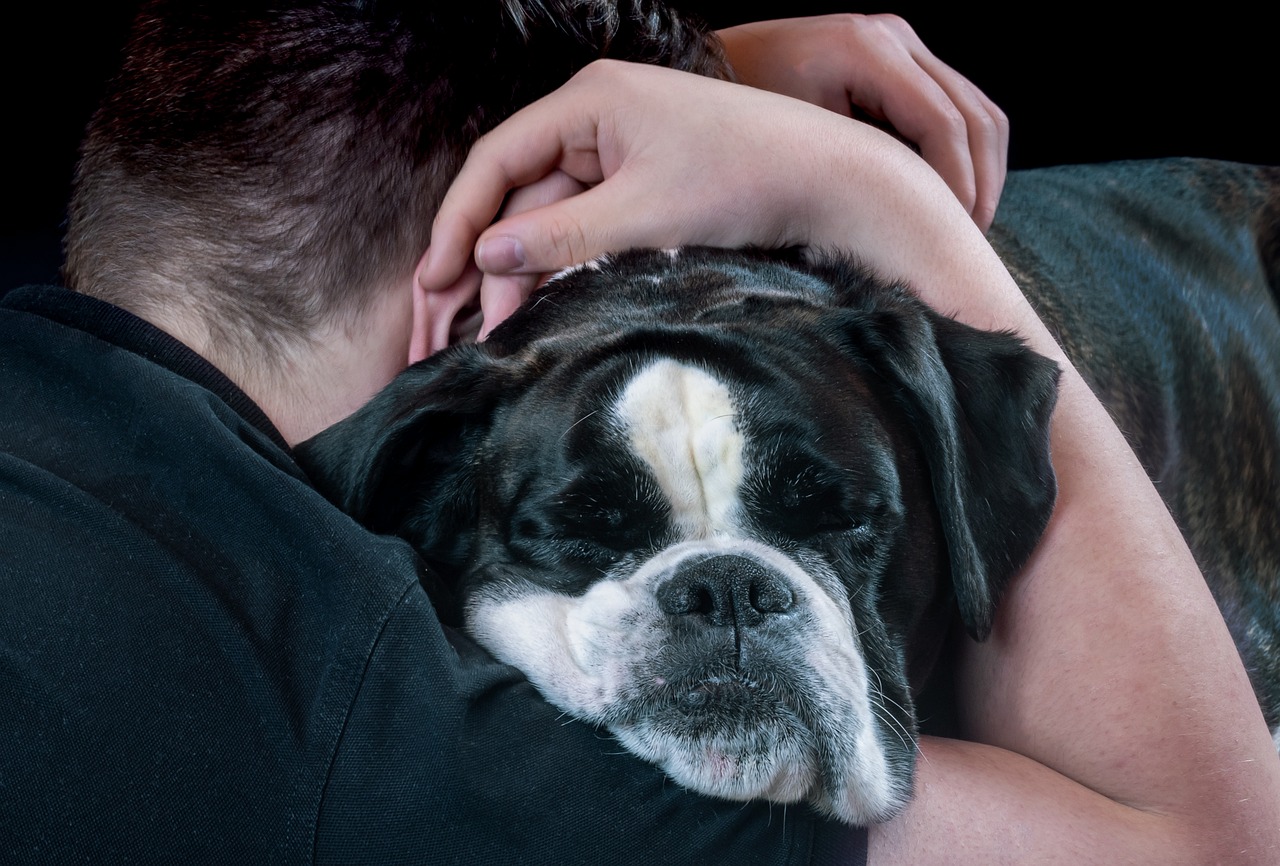
[ad_1]
Therapy dogs play a crucial role in enhancing the well-being of individuals through comfort, companionship, and emotional support. The best therapy dogs possess certain temperament traits such as empathy, patience, a calm demeanor, and a friendly disposition. These dogs have an innate ability to connect with people, providing solace and joy in various settings like hospitals, schools, and nursing homes. The breeds that excel in therapy work often have a gentle nature and an intuitive sense of how to interact with individuals facing challenges. In this article, we will explore eight dog breeds known for their suitability in therapy work, highlighting the unique qualities of each that make them adept at this important and fulfilling role.
1. Labrador Retriever
Labrador Retrievers are one of the most popular breeds for therapy work due to their friendly, outgoing, and patient nature. Labs are known for their ability to connect with people of all ages and are particularly good with children and the elderly. Their gentle disposition and stable temperament make them ideal for providing comfort and support. Labradors are also highly trainable and intelligent, which helps them adapt to different environments and situations with ease. Their natural empathy and tendency to bond with humans make them excellent companions for those in need of emotional support. Whether it’s visiting a patient in a hospital or participating in a reading program at a school, Labradors demonstrate a remarkable capacity to bring joy and comfort to people.
2. Golden Retriever
Golden Retrievers are well-regarded in the therapy world for their gentle, affectionate, and intuitive nature. They are naturally empathetic and often pick up on the emotions of those around them, offering comfort where needed. Goldens are calm, patient, and reliable, which makes them great for therapeutic interactions, especially with individuals who may be dealing with emotional or physical challenges. Their intelligence and eagerness to please facilitate easy training, and their warm demeanor instantly puts people at ease. Golden Retrievers are known for their soft approach and are often used in programs that involve children, the elderly, or individuals with special needs.
3. Cavalier King Charles Spaniel
Cavalier King Charles Spaniels are small in size but large in heart, making them exceptional therapy dogs. They are known for their affectionate nature and love of cuddling, which can be very comforting in therapeutic settings. Cavaliers are gentle and patient, which makes them well-suited for interaction with the elderly or those in hospitals. They are also good with children and can participate in programs that help kids with reading or emotional difficulties. Their small size makes them easy to handle and less intimidating, which can be beneficial in therapy situations. Cavaliers are adaptable and do well in various environments, always ready to offer a comforting presence.
4. Poodle
Poodles, available in standard, miniature, and toy sizes, are highly intelligent and empathetic dogs, making them excellent therapy animals. Their keen sensitivity to human emotions allows them to connect effectively with people in need of emotional support. Poodles are known for their gentle and calm demeanor, which is comforting in therapeutic environments. They are also hypoallergenic, which is a significant advantage in settings where allergies may be a concern. Poodles are easily trainable and can learn a variety of tasks and behaviors beneficial in therapy work. Their friendly and affectionate nature makes them well-loved in hospitals, schools, and nursing homes.
5. Beagle
Beagles are known for their gentle disposition and friendly temperament, making them great therapy dogs. They are small to medium-sized, which makes them suitable for interactions in various settings, including hospitals and schools. Beagles are affectionate and enjoy being around people, often showing a keen sense of understanding and empathy. Their playful nature can bring joy and laughter to therapeutic environments, lightening the mood and providing comfort. Beagles are also good with children and the elderly, offering a friendly and comforting presence to those who may be facing emotional or physical challenges.
6. Boxer
Boxers are known for their playful, affectionate, and patient nature, traits that make them excellent therapy dogs. Despite their sometimes imposing appearance, Boxers are gentle giants who are especially good with children. They are protective and intuitive, often able to sense and respond to the emotional needs of individuals. Boxers are energetic and can bring a sense of joy and vitality to therapy sessions, but they are also capable of being calm and gentle when needed. Their loyalty and affectionate nature make them great companions, providing comfort and support to those in therapeutic settings.
7. Pembroke Welsh Corgi
Pembroke Welsh Corgis, with their friendly and outgoing nature, make excellent therapy dogs. They are intelligent, easy to train, and enjoy interacting with people. Corgis have a natural ability to connect with individuals and are often very empathetic and responsive to human emotions. Their small size makes them approachable and easy to handle, which is beneficial in therapy environments. Corgis are also known for their cheerful disposition, which can be uplifting in settings such as hospitals, nursing homes, and schools. They are adaptable and can thrive in various therapeutic environments, bringing comfort and joy to those they interact with.
8. Collie
Collies are well-known for their gentle and predictable nature, making them ideal for therapy work. They are highly intelligent, sensitive to human emotions, and have a natural inclination to be helpful. Collies are excellent with children and the elderly, often showing a remarkable ability to offer support and comfort. Their calm demeanor and friendly disposition make them suitable for a range of therapeutic settings. Collies are also easy to train and can learn specific tasks or behaviors that aid in therapy work. Their graceful and comforting presence can have a profound impact on individuals in need of emotional support.

These eight dog breeds, with their unique qualities, are particularly well-suited for therapy work. From the empathetic and gentle Golden Retriever to the cheerful and outgoing Pembroke Welsh Corgi, these dogs possess the temperament and ability to provide comfort, support, and joy to those in need. Their innate capacity to connect with and understand humans makes them invaluable in therapeutic settings. Whether offering a comforting presence in a hospital, assisting in a school program, or providing companionship in a nursing home, these breeds exemplify the profound impact that therapy dogs can have on improving human lives.
[ad_2]
Source link








Leave a Reply